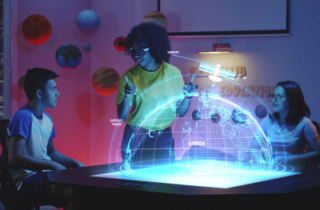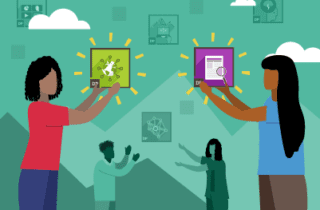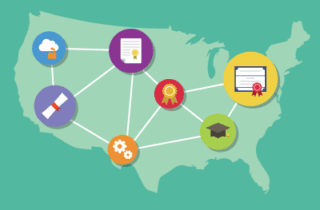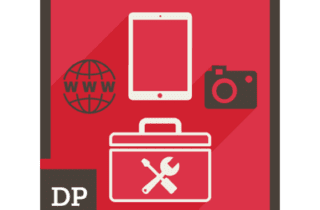Presented by Alejandro Lozano, Senior Manager, Corporate Social Responsibility, Verizon; and Hall Davidson, Senior Director, Global Learning Initiatives, Discovery Education
People typically develop new skills while working, seeking recognition for their professional growth. But research shows that traditional ways of acknowledging employee advancement and providing professional advancement don’t always meet the needs of today’s workers.
Presented by Paige Holmes, Assistant Program Director, Higher Education, Tennessee Early Childhood Training Alliance (TECTA), Center of Excellence for Learning Sciences, Tennessee State University; and Dr. Celeste Brown, Associate Research Director, Center of Excellence for Learning Sciences, Tennessee State University
Moderated by Brian Tinsley, Ph.D., Senior Research and Communications Associate, Adult Learning, Digital Promise
What happens when a state has a professional learning mandate for teachers but no funding to offer them? Or taking any professional learning seminar requires hours of travel with no viable substitutes to cover the class? And what about adult learning in general, when the majority of workers in need are low income and marginalized?
Presented by Rosa Redonnett, Associate Vice Chancellor for Student Success and Credential Attainment, University of Maine System; Dr. Jennifer Carroll, Professional Learning Lead, Kentucky Valley Educational Cooperative; and Antonio Mabiala, Adult Learner and Micro-Credentials Earner
All educators are lifelong learners, whether they’re figuring out how to incorporate the latest edtech device into their lessons or researching bios on NBA players to help a reluctant reader. But while schools expect teachers to continue their education, most only get rewarded for getting an advanced degree like a master’s or a Ph.D. Now, organizations like Digital Promise have developed micro-credential programs, which recognize educators for acquiring new skills. During her presentation “Measuring and Sustaining Professional Learning Through Micro-Credentials,” Odelia Younge, senior project director for educator micro-credentials at Digital Promise, explained the key elements of micro-credentials, how they work, and what differentiates them from other professional development.
In this edWebinar you will gain an understanding of the theory of change behind micro-credentials and how micro-credentials support professional learning.
In this edWebinar, develop a depper understanding of micro-credentials and how they personalize learning for educators on a variety of topics.






